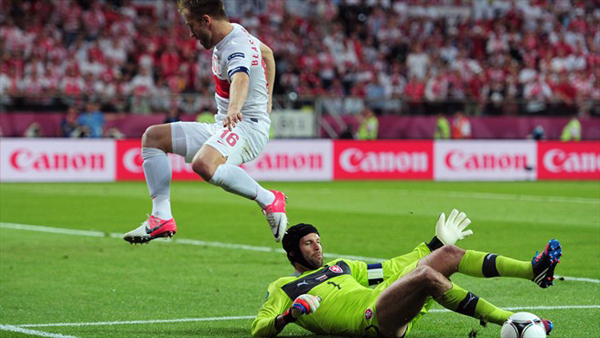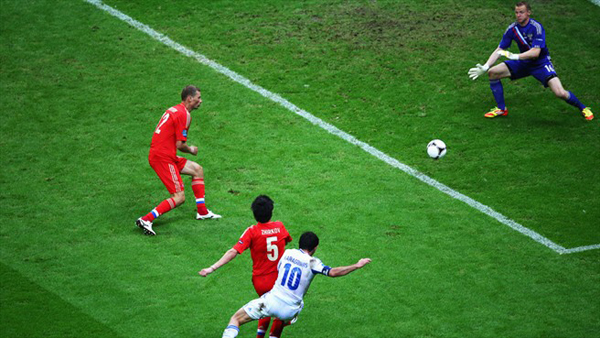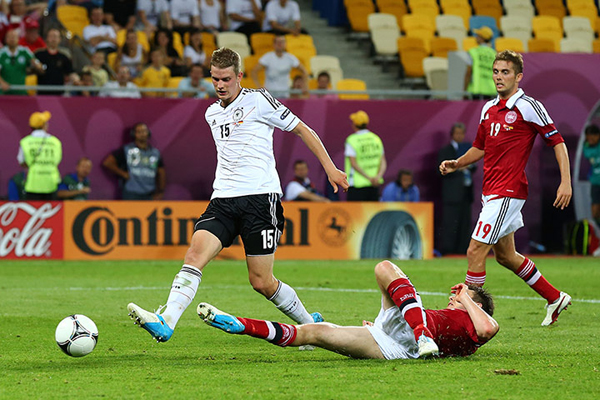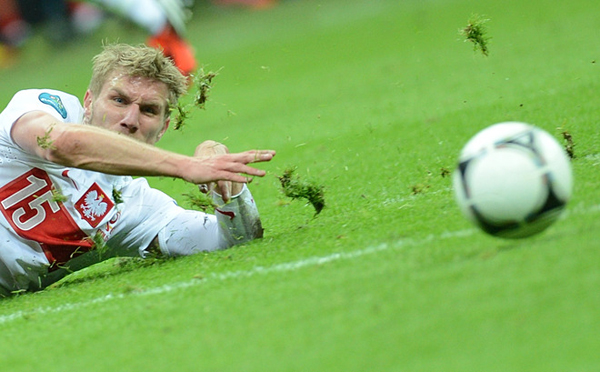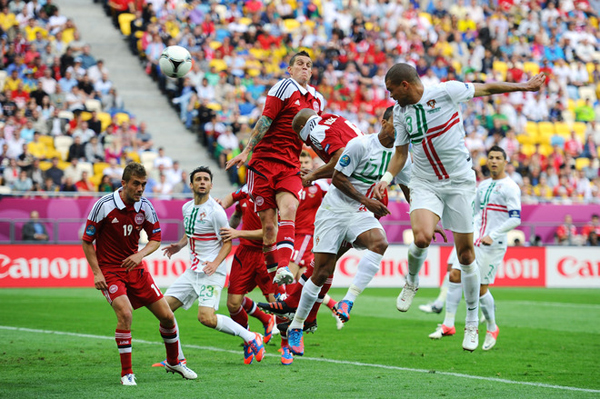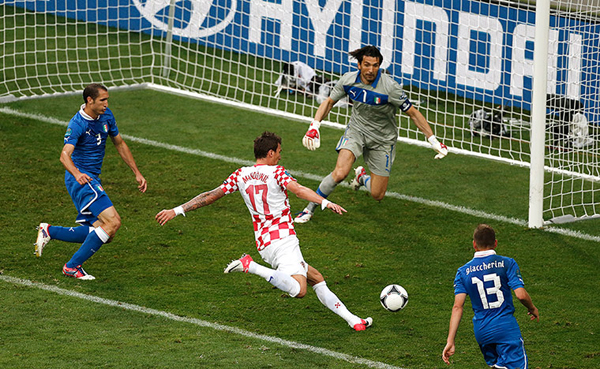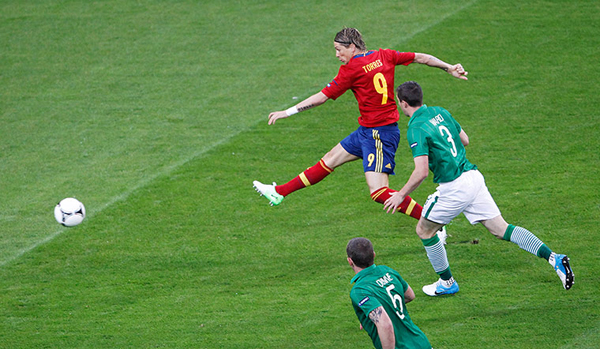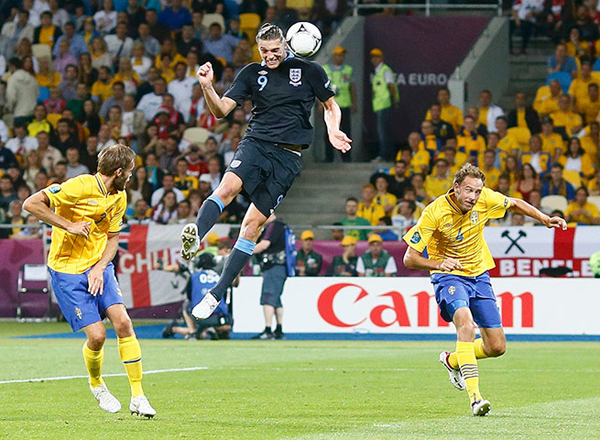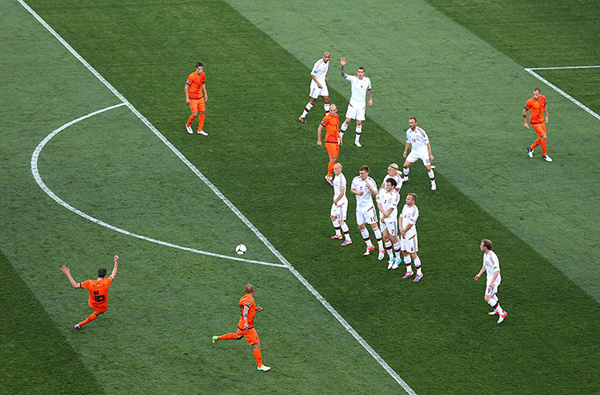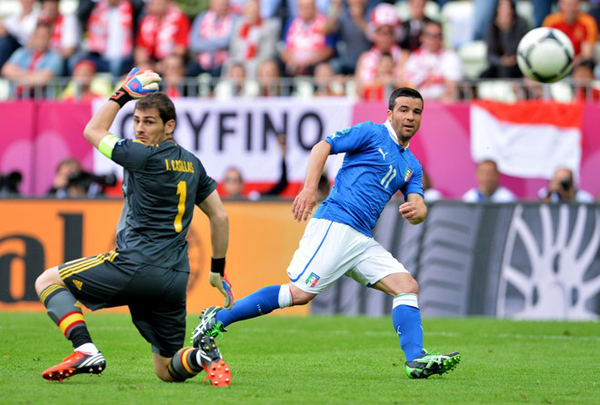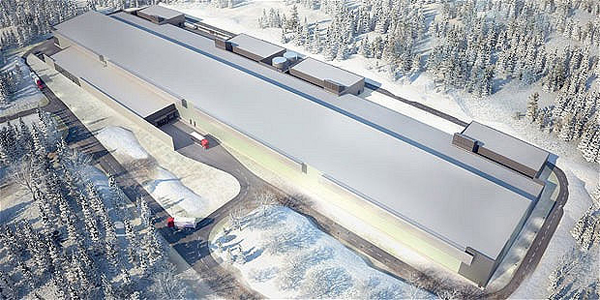C'è una città da spostare in Svezia

L'Atlantic racconta la storia di Kiruna, la città svedese fondata nel '900 per servire una delle più grandi miniere di ferro del mondo, che entro i prossimi decenni verrà spostata di qualche chilometro, comportando il trasferimento di quasi 20.000 persone, a causa della deformazione del suolo in seguito all'attività mineraria.
Though some aspects of the move may prove wrenching, the new Kiruna will be a substantial improvement over the old one, which was founded in 1900. A master plan by White, a Swedish architecture firm, provides for a denser and altogether livelier town center. Kiruna is now somewhat sprawling and unfocused. As in other towns and cities, stores have been drifting from downtown to the outskirts. Despite its small population, Kiruna has some of the downsides of a larger city: the surrounding pine forests aren't easily accessible on foot, and depending on where you live, downtown may not be either.
The new plan gives Kiruna's center more magnetic pull. Stores, cafés, and the town hall will be regrouped around a compact square designed by the firm Kjellander + Sjöberg, with narrow feeder streets designed to protect pedestrians from the wind. These new streets will wrap around the city square like a cocoon , making outside activities more attractive during the dark winter months and providing a key site for a biennial culture festival. The new town's residential streets will also be surprisingly metropolitan. Residents will be concentrated in ultra-insulated (and in some cases yardless) apartments on streets arranged along an east-west axis. This plan will stretch the city into a more walkable configuration, with residents a short stroll from the forest.
Kiruna's move will happen slowly—very slowly. Starting with the first demolitions this spring, the town has given itself 85 years to retreat fully from the mine . The break between old and new will be neither sudden nor absolute; instead, as new neighborhoods are built on Kiruna's eastern edge and old ones disappear, the town will inch eastward. By 2100, a greener city will have a zigzagging border that will bring fingers of open space close to the town's heart.


